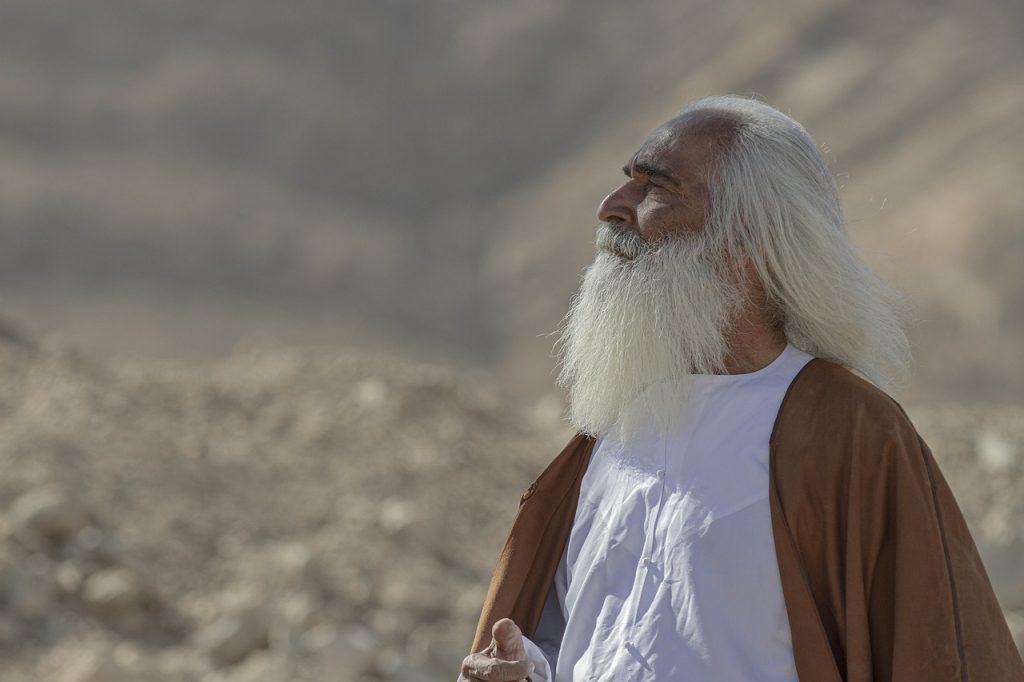
Ashura, observed on the tenth day of Muharram, holds deep spiritual and historical significance in Islamic history. It marks the profound martyrdom of Hussain ibn Ali, the beloved grandson of Prophet Muhammad (peace be upon him), at the Battle of Karbala in 680 CE. His brave stand against injustice and tyranny has made him a lasting symbol of resistance and sacrifice, resonating with Muslims around the world—both Sunni and Shia communities.
Across different Islamic sects and cultures, the observance of Ashura takes on various forms. Many participate in mourning rituals, reenactments of the Karbala battle, elegies, and public processions. Others choose to fast on Ashura as an act of spiritual devotion and solidarity with Hussain’s sacrifice. Despite the diversity, the core message remains constant: upholding truth, justice, and moral courage.
The legacy of Hussain ibn Ali serves as a timeless reminder to embody sacrifice, resilience, and unwavering devotion to God. The day of Ashura inspires Muslims to challenge oppression, defend justice, and contribute to building a just and ethical society grounded in Islamic values and compassion.
📞 Get in Touch with Us Today!
Have questions or need assistance? Our team is here to help you anytime.
👉 Call us now at +20 109 640 3180
🕒 Available 24/7
Or reach us directly through our Contact Page.

My son feels happy, amazing teachers and staff in wrattil and flexible prices MashaAllah Thank you so much

My daughter started learning in warattil academy and alhamdulilah we are really impressed and have enjoyed learning with wrattil. May Allah reward her sheikh

My teacher Ahmed is very good. He helped me recite and memorize holy Quran

Warattil is the most efficient way of learning Arabic. I like warattil curriculum and excellent teachers to support this learning Thank you so much

I highly recommend warattil Ijazah programs to anyone who wants to learn Quran properly.

Very well organized MashaAllah. I love it and this is a great course if you want to understand the Quran and learn tafsir

Warattil program is the best I have seen. The teacher is really great and is available to answer questions in a clear manner

I think warattil is the best academy in learning Arabic and I recommend Arabic course to anyone

We are so happy with ustad Hussein. He is very patient and comfortable teacher. May Allah the teachers and admin in warattil

Rating 10 mashaAllah and so grateful